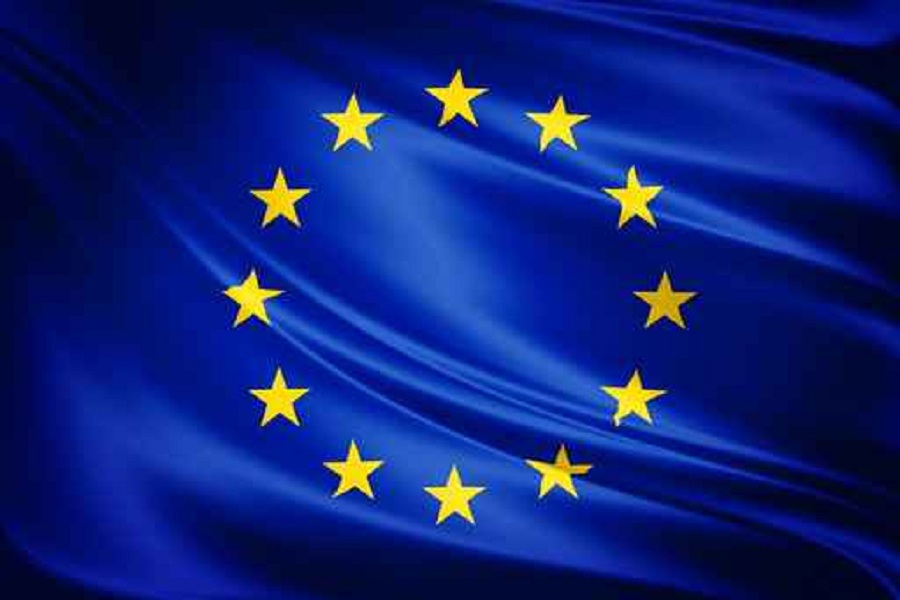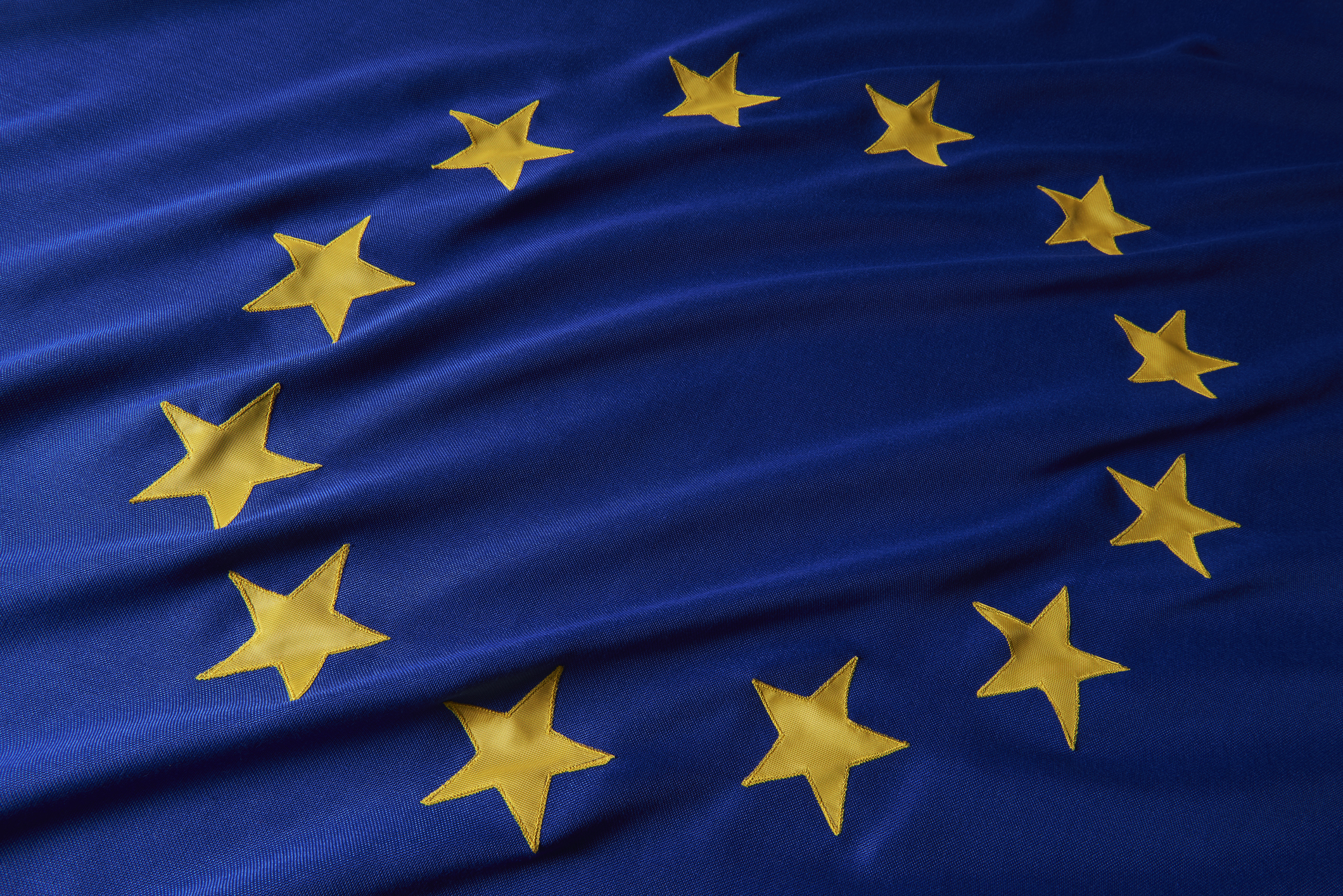EU reaches milestone agreement on cybersecurity rules
Council of Europe and European Union agree first regulations on cybersecurity for 28-nation bloc


Organisations operating "essential systems" in the EU will soon have to abide by a new set of cybersecurity rules that were agreed yesterday by the European Union and Council of Europe.
The guidelines mandate that critical systems must be robust enough to withstand cyber attacks, and will apply to all organisations operating within the transport, utilities, banking and finance industries.
Cloud service providers and online marketplaces will also be affected, as well as search engines like Google.
German MEP Andreas Schwab described the agreement between the two supranational bodies as "a milestone" in ending the fragmented approach to cybersecurity in critical sectors currently in place across the 28-nation bloc.
"Parliament has pushed hard for a harmonised identification of critical operators in energy, transport, health or banking fields, which will have to fulfil security measures and notify significant cyber incidents," he said. "Member states will have to cooperate more on cybersecurity - which is even more important in light of the current security situation in Europe."
Schwab added: "This directive marks the beginning of platform regulation. Whilst the Commission's consultation on online platforms is still ongoing, the new rules already foresee concrete definitions - a request that Parliament had made since the beginning in order to give its consent to the inclusion of digital services," he said.
The rules, which are separate from the General Data Protection Regulation currently making its way through the European Parliament, have been welcomed by the security industry.
Get the ITPro daily newsletter
Sign up today and you will receive a free copy of our Future Focus 2025 report - the leading guidance on AI, cybersecurity and other IT challenges as per 700+ senior executives
Piers Wilson, head of product management at Huntsman Security, said: "The EU cybersecurity rules present a real opportunity to move computer security and data protection laws on from the 1990s."
He added, though, that the rules "must ensure that a 'robust' infrastructure is one that can really protect against 21st century threats", meaning not just prevention but also rapid detection and resolution.

Jane McCallion is Managing Editor of ITPro and ChannelPro, specializing in data centers, enterprise IT infrastructure, and cybersecurity. Before becoming Managing Editor, she held the role of Deputy Editor and, prior to that, Features Editor, managing a pool of freelance and internal writers, while continuing to specialize in enterprise IT infrastructure, and business strategy.
Prior to joining ITPro, Jane was a freelance business journalist writing as both Jane McCallion and Jane Bordenave for titles such as European CEO, World Finance, and Business Excellence Magazine.
-
 Bigger salaries, more burnout: Is the CISO role in crisis?
Bigger salaries, more burnout: Is the CISO role in crisis?In-depth CISOs are more stressed than ever before – but why is this and what can be done?
By Kate O'Flaherty Published
-
 Cheap cyber crime kits can be bought on the dark web for less than $25
Cheap cyber crime kits can be bought on the dark web for less than $25News Research from NordVPN shows phishing kits are now widely available on the dark web and via messaging apps like Telegram, and are often selling for less than $25.
By Emma Woollacott Published
-
 ‘Europe could do it, but it's chosen not to do it’: Eric Schmidt thinks EU regulation will stifle AI innovation – but Britain has a huge opportunity
‘Europe could do it, but it's chosen not to do it’: Eric Schmidt thinks EU regulation will stifle AI innovation – but Britain has a huge opportunityNews Former Google CEO Eric Schmidt believes EU AI regulation is hampering innovation in the region and placing enterprises at a disadvantage.
By Ross Kelly Published
-
 The EU just shelved its AI liability directive
The EU just shelved its AI liability directiveNews The European Commission has scrapped plans to introduce the AI Liability Directive aimed at protecting consumers from harmful AI systems.
By Ross Kelly Published
-
 A big enforcement deadline for the EU AI Act just passed – here's what you need to know
A big enforcement deadline for the EU AI Act just passed – here's what you need to knowNews The first set of compliance deadlines for the EU AI Act passed on the 2nd of February, and enterprises are urged to ramp up preparations for future deadlines.
By George Fitzmaurice Last updated
-
 EU agrees amendments to Cyber Solidarity Act in bid to create ‘cyber shield’ for member states
EU agrees amendments to Cyber Solidarity Act in bid to create ‘cyber shield’ for member statesNews The EU’s Cyber Solidarity Act will provide new mechanisms for authorities to bolster union-wide security practices
By Emma Woollacott Published
-
 The EU's 'long-arm' regulatory approach could create frosty US environment for European tech firms
The EU's 'long-arm' regulatory approach could create frosty US environment for European tech firmsAnalysis US tech firms are throwing their toys out of the pram over the EU’s Digital Markets Act, but will this come back to bite European companies?
By Solomon Klappholz Published
-
 EU AI Act risks collapse if consensus not reached, experts warn
EU AI Act risks collapse if consensus not reached, experts warnAnalysis Industry stakeholders have warned the EU AI Act could stifle innovation ahead of a crunch decision
By Ross Kelly Published
-
 Three quarters of UK firms unprepared for NIS2 regulations, study finds
Three quarters of UK firms unprepared for NIS2 regulations, study findsNews Senior management can be held personally liable for non-compliance under NIS2 rules
By Ross Kelly Published
-
 US-UK data bridge: Everything you need to know
US-UK data bridge: Everything you need to knowNews The US-UK data bridge will ease the complexity of transatlantic data transfers
By Ross Kelly Published